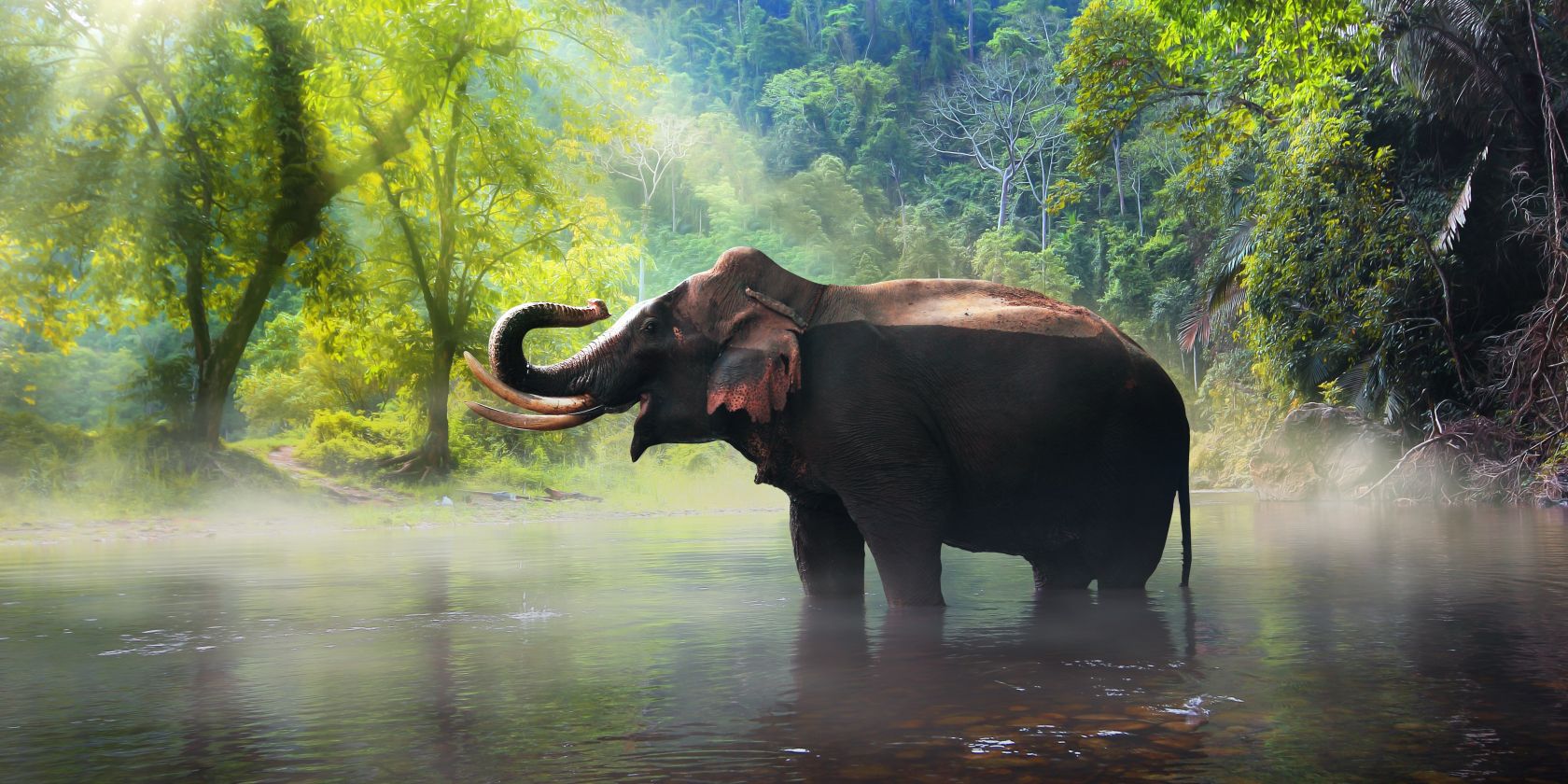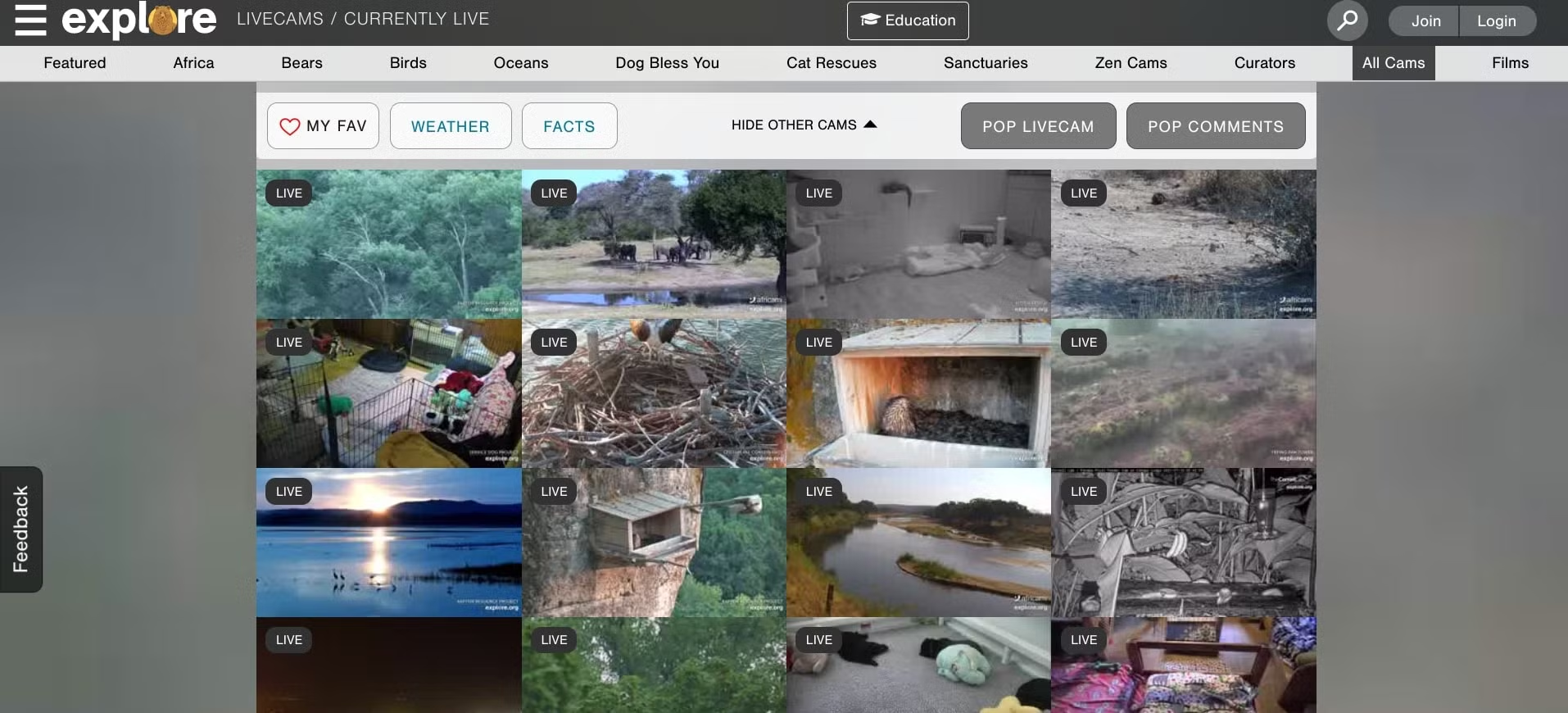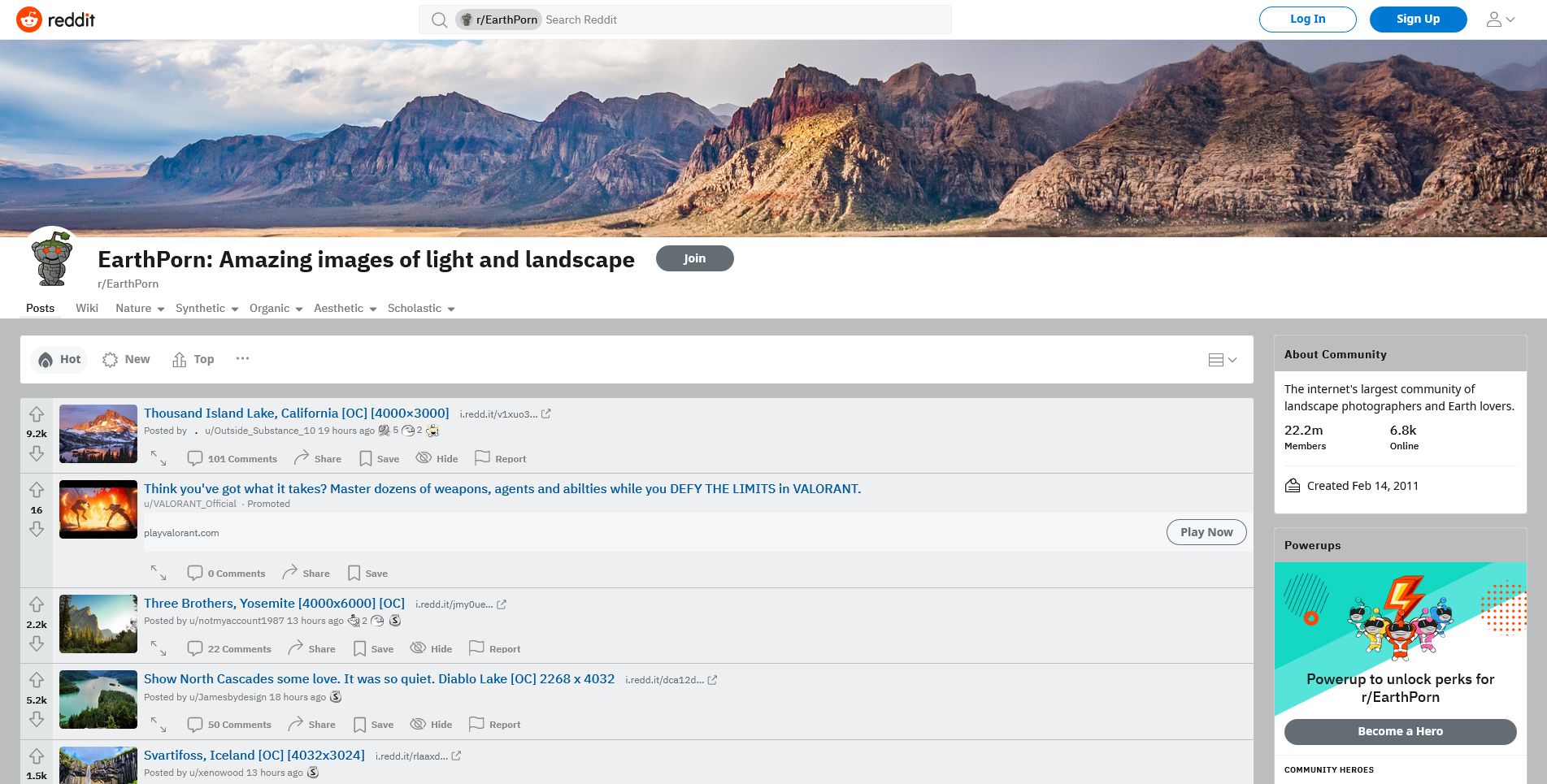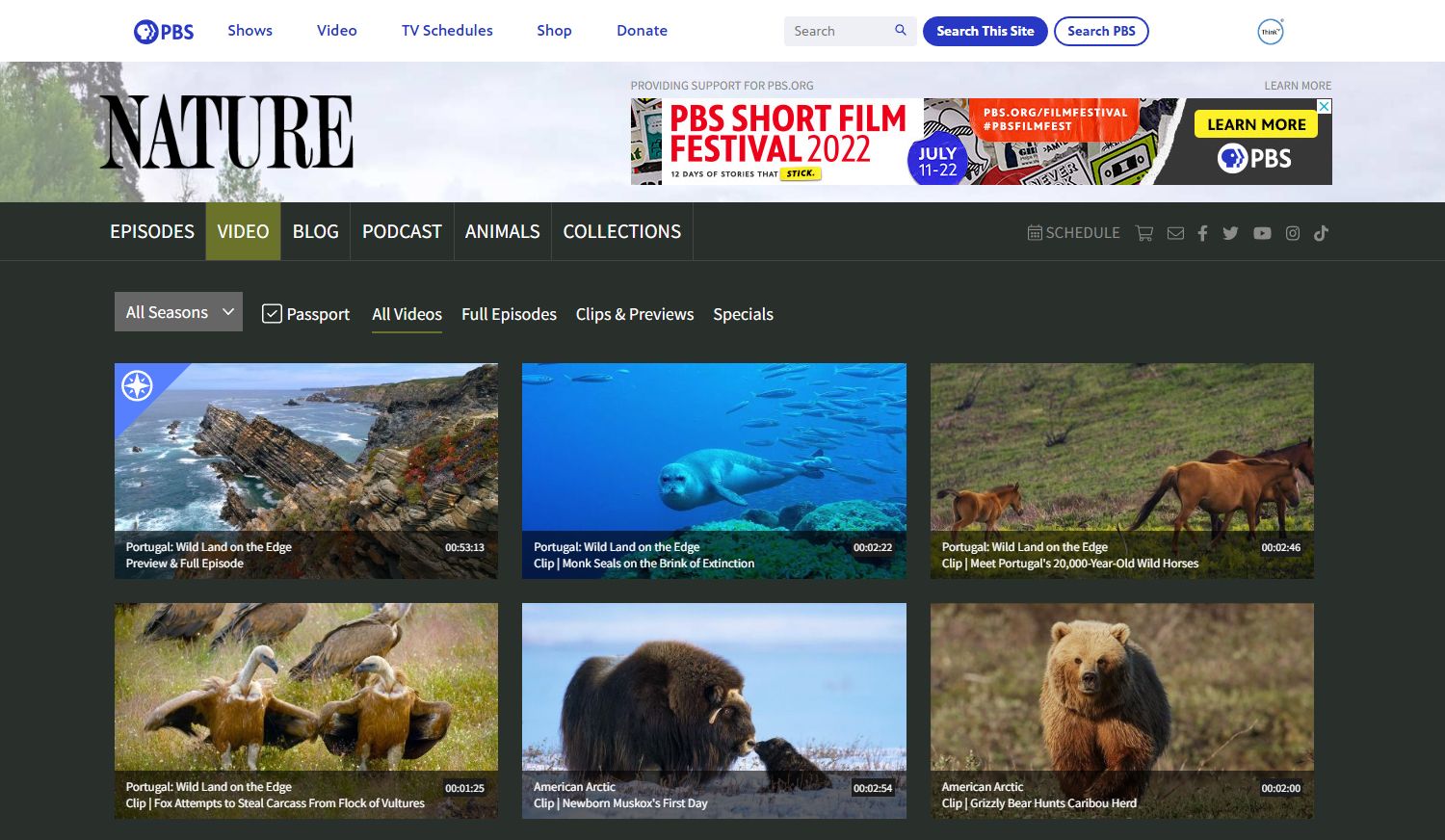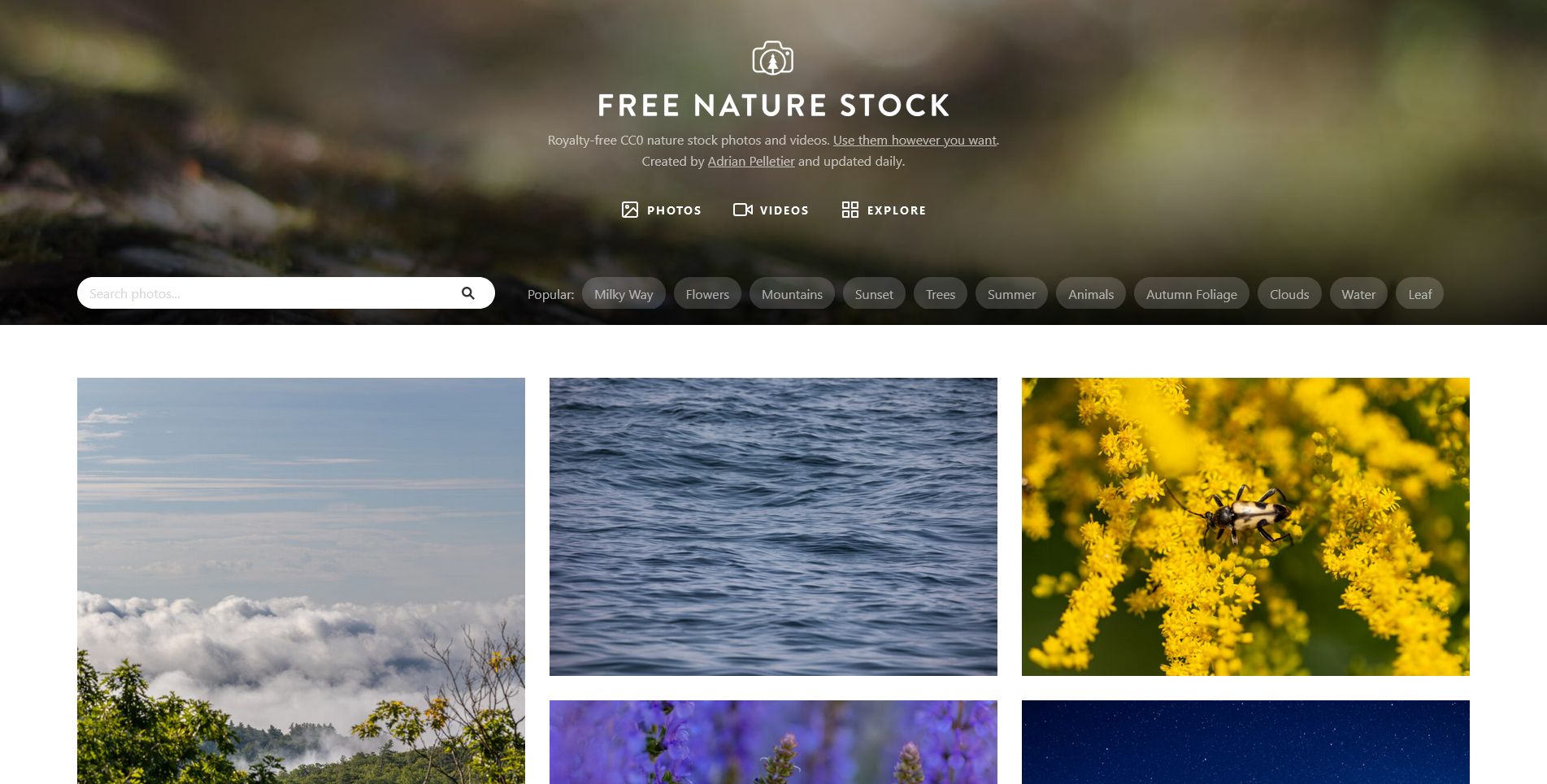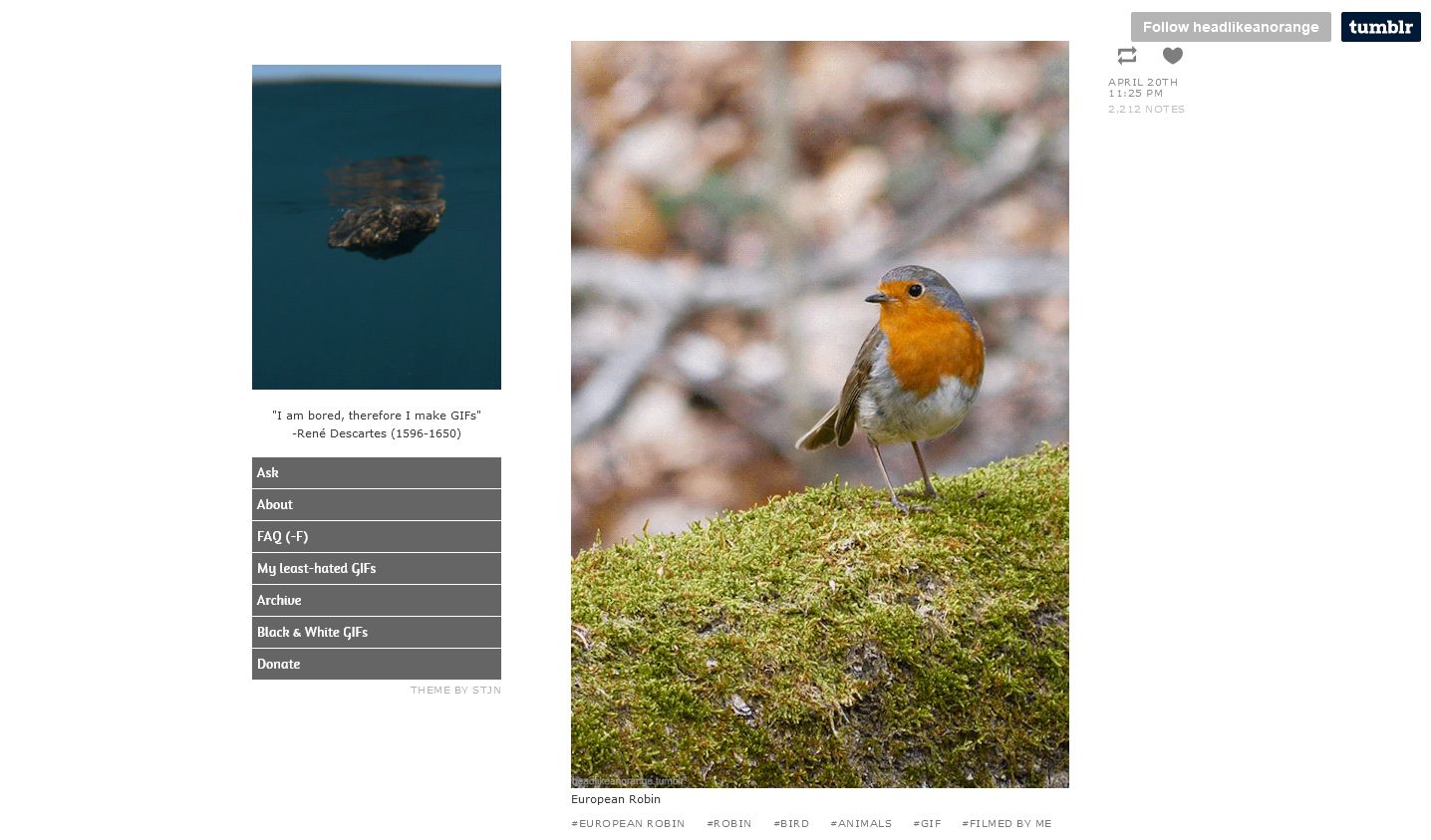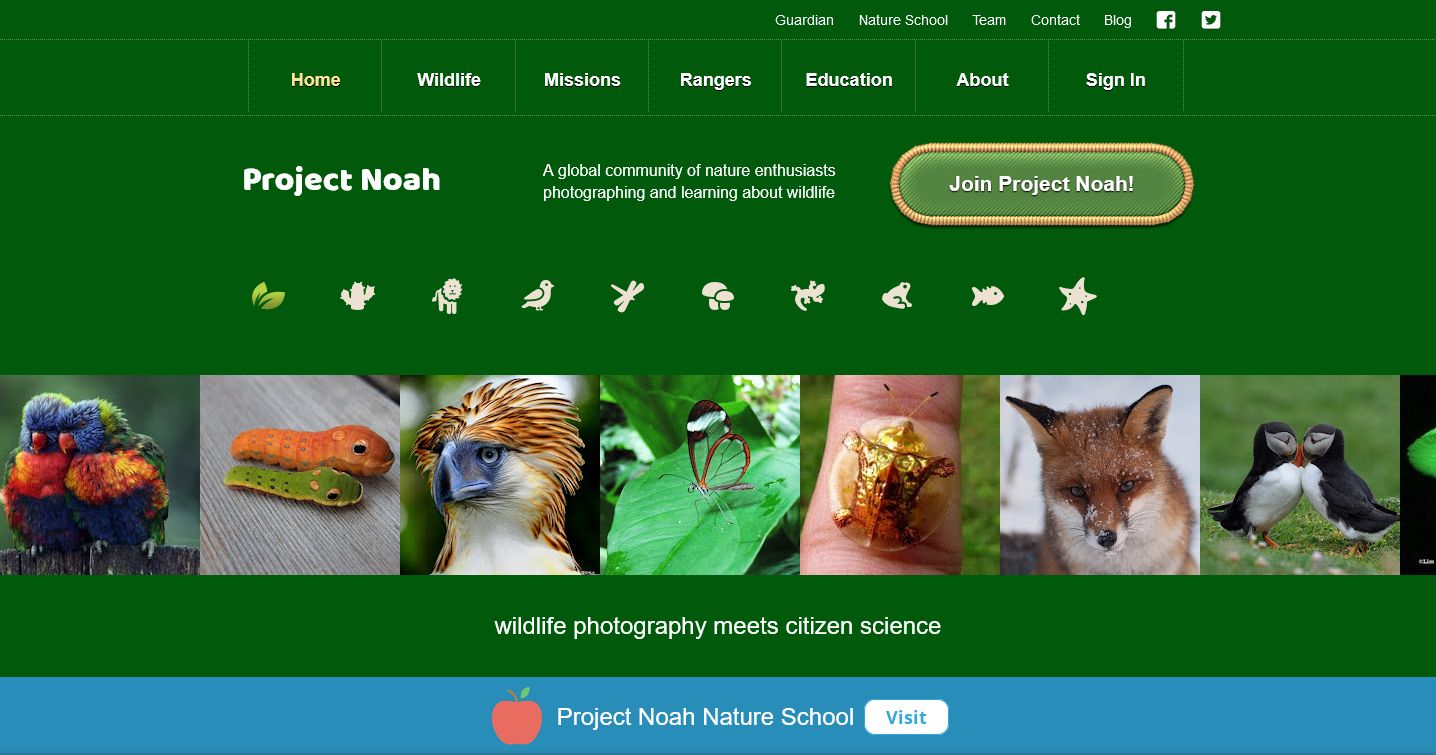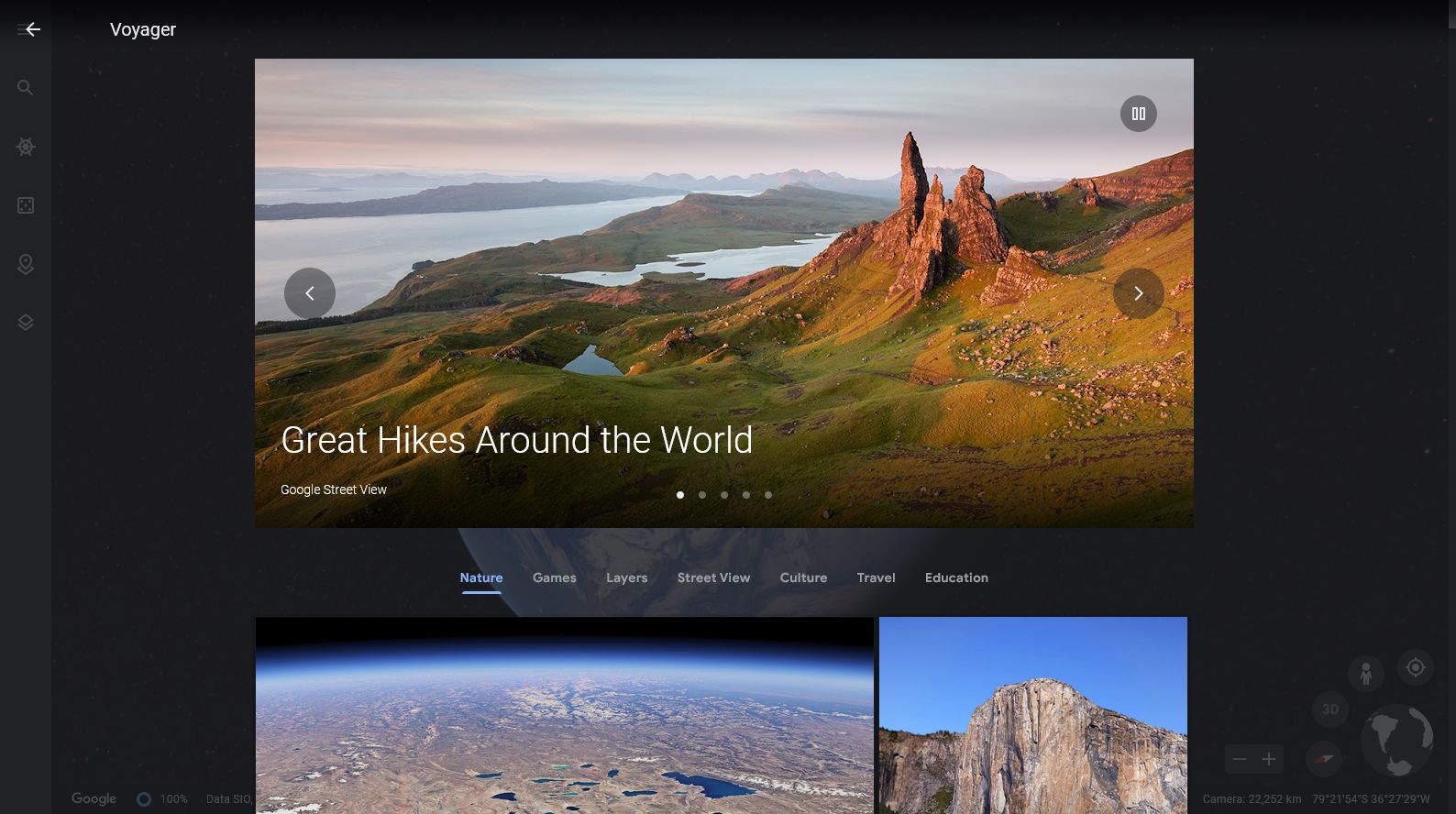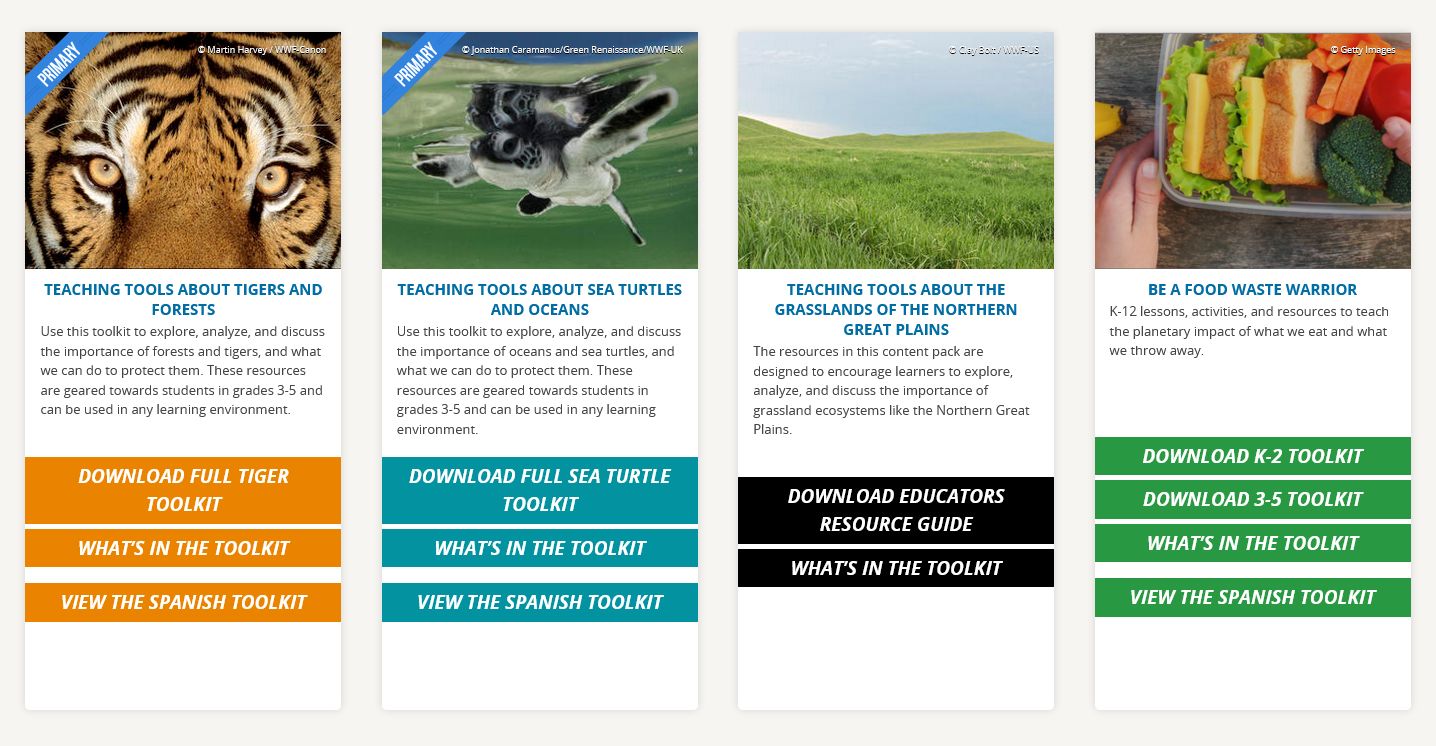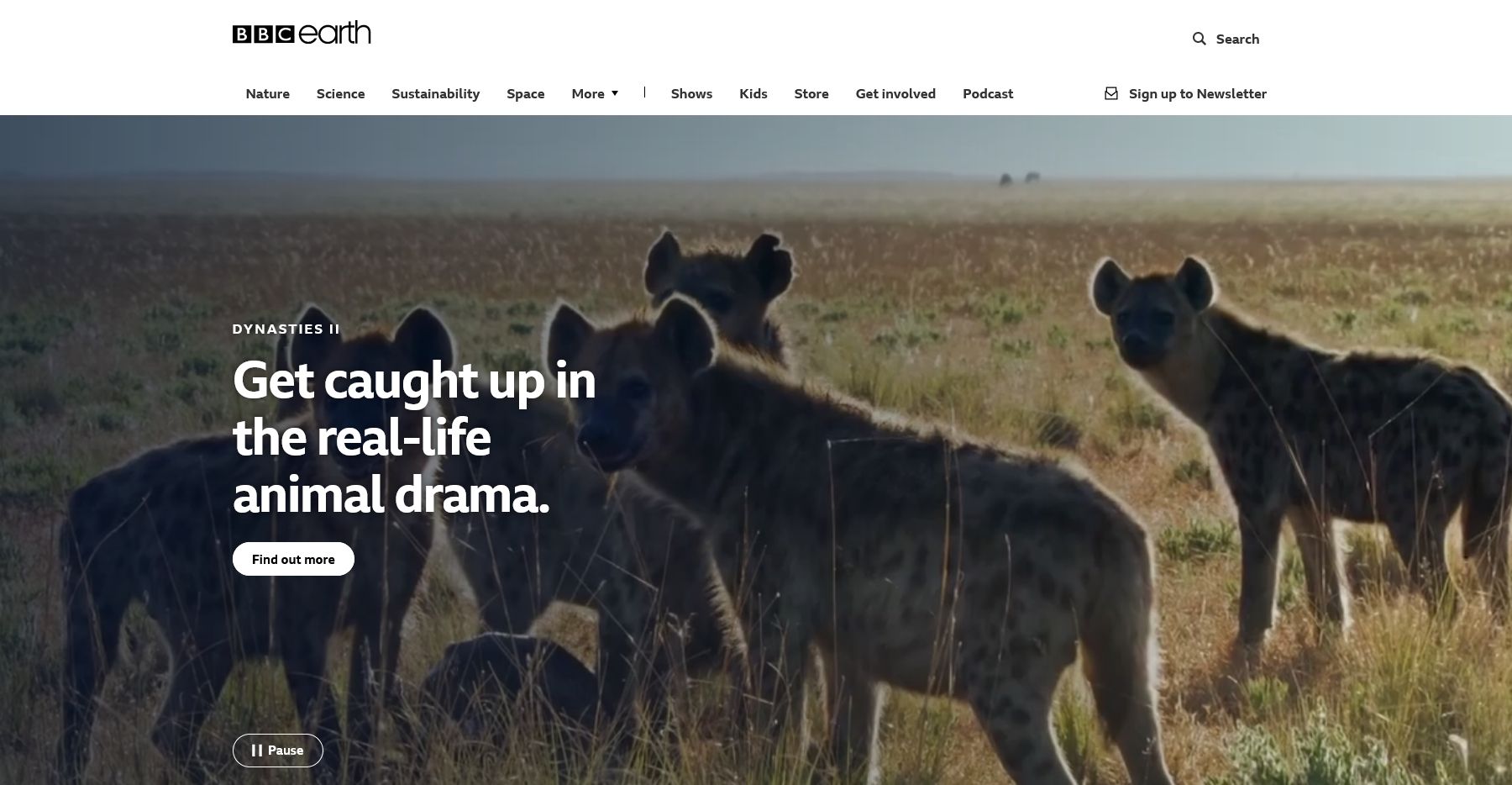It's easy to feel detached from the natural world, especially when many of us spend so much time indoors for work or study. Going for a walk to break up the day is a perfect way to clear your mind, but what if nature isn't easily accessible to you?
Technology comes to the rescue, of course. We've rounded up the best websites that bring the natural world to your computer, tablet, or phone. We've got photos, documentaries, live cameras, and even GIFs of animals and natural wonders. These free sites aren't a true replacement for experiencing nature first-hand, but they can help a bit.
1. Explore.org
There is nothing more breathtaking than the beauty of natural landscapes and the animals that inhabit them. Thanks to Explore.org, you can watch animals in their natural habitats up close and personal, all from the comfort of your home.
This site hosts a large range of live cameras, featuring brown bears hunting salmon, tropical fish swimming amongst coral, and gorillas grazing in the forest. It's perfect to have playing in the background as a zen backdrop to your day.
2. r/EarthPorn
Don't let the risqué name of this subreddit deceive you—it's a place full to the brim of amazing photos from beautiful places all over the world. With over 22 million members, it claims to be the "largest community of landscape photographers and Earth lovers."
Many of the photos here are high resolution, which make them perfect as desktop wallpapers. It also links out to other nature subreddits, like BotanicalPorn and WaterPorn, so you'll never run out of astounding images.
Plus, you can contribute to these communities yourself if you desire, and earn lots of Reddit karma in the process.
3. Nature on PBS
Nature is a long-running documentary series that broadcasts weekly on PBS and explores animals and ecosystems. It's won many awards and it's easy to see why—featuring stunning imagery and insightful narration, these documentaries are a perfect way to learn about nature.
The companion website contains full episodes and clips (you might need a speedy VPN service if you're outside the US), along with accompanying fact sheets, playlists, behind the scenes information, and insight into the people who work in conservation.
4. Free Nature Stock
Many websites have great nature photos, but you can't necessarily use them on your blog or website. You'll need to ask individual photographers for permission to do that. That's not the case with Free Nature Stock, a site with a wide variety of pictures you can use for any purpose—even commercial ones.
You can search for something specific, browse via categories like beach, cosmos, and mountains, or just scroll down the endless homepage. Everything is free and beautiful; it's one of the best sites for copyright and royalty-free images.
5. Head Like an Orange
GIFs are the language of the web, but many seem to be from TV shows or movies. While those memes have their place, if you want some stunning GIFs from the natural world featuring birds, toads, and bugs, look no further than this amazing Tumblr blog. Though it's not updated regularly nowadays, there's heaps to enjoy in the archives.
6. Project Noah
Project Noah is a global community where users share their wildlife photos. It's free to join, so you can get involved too, crafting a nature journal to share your thoughts on what you've spotted. It's a brilliant way to share your love of nature and learn about wildlife.
There are over one and a half million photographs on Project Noah, so you'll never run out of incredible photographs to explore. The community helps one another identify finds and share information. That's rewarding in itself, but there's also virtual badges to earn as a fun bonus.
7. Google Earth
You can use Google Earth directly in your browser, without needing to download anything special. It's a brilliant tool that lets you explore the entire globe. You can look for somewhere specific, or just spin the globe and see where you land.
One of the best hidden features of Google Earth is its Voyager feature. These are curated virtual tours that let you explore national parks, oceans, and space. To access Voyager, click the helm icon on the left and then select your tour. It's a great way to virtually experience nature.
8. World Wildlife Fund
The World Wildlife Fund (WWF) is a conservation organization that works in close to 100 countries, with the aim to protect communities and the wildlife. The website has lots of information about how you can get involved to support the natural world.
It also has interesting blog posts, fun features like quizzes and ecards, and stunning photos and videos. There are also plenty of great educational resources, perfect for use in the classroom or to help your children get engaged with nature. These packs include posters, puzzles, activity books, certificates, and much more.
9. BBC Earth
The BBC has produced natural history content for decades, which means its website is crammed with lots of intriguing articles, videos, quizzes, stories, and podcasts. Depending on your region, there's also the opportunity to watch full shows like The Green Planet and Changing Planet.
If you like the website, you should also look at the BBC Earth YouTube channel. Here you'll find an abundance of thrilling clips from the BBC's nature productions (including from David Attenborough series such as Planet Earth and Frozen Planet), sure to entertain and educate all ages.
Use Mobile Apps to Connect With Nature
All the websites we've covered here are completely free to use, teleporting you to beautiful landscapes and highlighting their natural habitats. If any particularly appeal to you, be sure to bookmark them for easy access, since most are updated often.
Technology can also lend a hand when you're outside. There are plenty of apps that let you connect with nature, like highlighting interesting walking routes or helping you identify bird calls.

